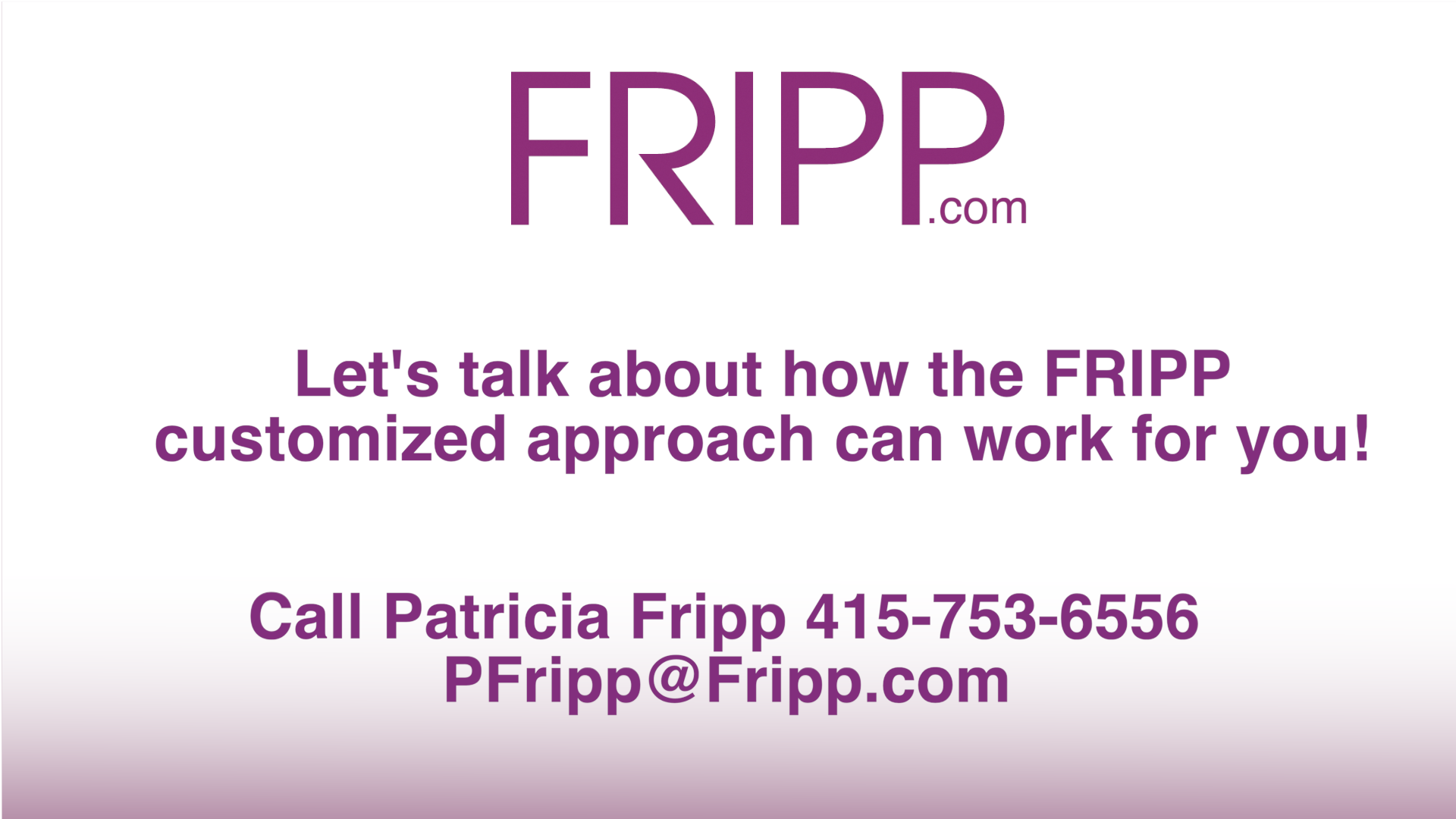Every day, we are bombarded with more information than we can remember.
Whatever your role—executive, manager, salesperson, or team leader—you want your message to be remembered and repeated.
When your words travel beyond the room, you are speaking not only to your audience but to the audience of your audience. That’s how ideas grow, reputations spread, and influence multiplies.
Why Being Remembered Matters
In every form of communication—selling, managing, inspiring, training, or leading—the ultimate goal is the same: to make your message stick. Before your audience, colleagues, or customers leave the room, you want them to recall your words clearly and share them confidently.
That is the mark of a world-class communicator.
What Is a “Phrase That Pays”?
Story consultant Doug Stevenson calls it “a short phrase that summarizes your message. It’s a call to action that tells your audience what you expect them to do.”
I like to think of it as a Foundational Phrase—a sound bite that captures the essence of your message so powerfully that people can’t help repeating it.
Think of:
- Apple: Think Different.
- Nike: Just Do It.
- MasterCard: For everything else, there’s MasterCard.
Each is short, rhythmic, and emotionally charged. That’s what makes it unforgettable.
When your Phrase That Pays is linked to your stories and reinforced by your delivery, your audience will become your most excellent marketing team—retelling your message for you.
Frippicism®: “If you sound the same as everyone else, you have no advantage.”
Three Ways to Create Your Own Phrase That Pays
- Quote Others
Let wisdom come from your characters, clients, or mentors rather than yourself.
When I spoke at a conference on innovation, I told the story of Nancy, an employee whose idea earned her company $18 million. When I asked if she ever wished for a share of the profits, she said:
“Patricia, we do fine. It’s an honor and a privilege to work for a company that listens to what we say.”
That phrase— “a company that listens to what we say”—became the emotional anchor of my message. Every executive in that audience remembered it.
Or, as my father Arthur Fripp told me on my first day of work:
“Don’t focus on making a lot of money. Focus on becoming the kind of person others want to do business with, and you most likely will make a lot of money.”
That line has been repeated around the world.
- Repeat After Me
Give your audience the language to repeat. Invite them to own your message.
You might say:
“Repeat after me: Clarity is kindness.”
When they say it out loud, they don’t just hear your words—they absorb your philosophy. In Deliver Unforgettable Presentations, we remind readers that audiences rarely remember exact sentences but always remember the mental pictures those sentences create.
A repeatable phrase, reinforced with a vivid story, paints a picture that lingers.
- Draw from Pop Culture
Television writers mastered this long ago. The sitcom Two and a Half Men titled each episode with a line from the script. As speakers, we can learn from that.
Give your audience a phrase they want to quote:
- “Rehearsal is the work; performance is the relaxation.” – Sir Michael Caine
- “Technology doesn’t run an enterprise; relationships do.” – a modern Frippicism®
- “Nobody sees how you feel. Only how you act.” – another Fripp favorite
Attach your phrase to your story, and your message will spread naturally.
How to Craft Your Phrase That Pays
- Keep it short and sharp. The fewer words, the greater the impact.
- Make it relevant. Tie it directly to your key idea.
- Use vivid, emotional language. Paint word-pictures that stick.
- Align it with your personal brand. It should sound like you.
- Test it. If people quote it back, you’ve struck gold.
From Story to Sound Bite
One of my clients was preparing a presentation for senior management. His story was about winning over a demanding customer by listening rather than persuading. His final line became: “Listen louder than you talk.”
That simple phrase became his company’s rallying cry for customer relationships. It was repeated in meetings, printed on posters, and remembered by every new hire.
That’s what a Phrase That Pays does—it turns insight into action.
In the End
Whether you’re leading a meeting, closing a sale, or inspiring a team, remember this: your message only lives on if it’s remembered and repeated.
Craft your Phrase That Pays. Anchor it in a story. Make it easy to quote.
When your audience repeats your message to others, you will have truly spoken to the audience of your audience.
Want to Master the Art of Being Remembered?
Explore my FrippVT Powerful Presentations online learning program—your 24/7 speech coach for mastering structure, storytelling, and delivery.
If your next presentation is high-stakes, let’s talk about customized executive coaching. Together, we’ll ensure your message is not only delivered—it’s remembered and repeated.
These ideas will help you speak to be remembered and repeated. If you need help, let’s have a conversation.
“You are a true Rock Star executive speech coach! You help me with my January Sales Meeting speech every year, and my skills have increased. Your guidance and input are invaluable. My boss told me my speech was outstanding. Thanks to you, I was very confident, comfortable, and genuine.” Rob Cummings, Senior Vice President, Sales & Client Services, Fidelity Investments
“Our investment in Patricia’s presentation coaching quickly became one of the smartest decisions we’ve made for our technical experts. What started as support for high-stakes events turned into an essential part of our preparation process. Patricia isn’t just an outside coach—she’s truly part of our team. Her ability to help our executives and engineers communicate with clarity and confidence has elevated not only our public presentations and Executive Briefing Center sessions but also internal meetings and customer conversations. The best part? The rave reviews keep coming.” Greg Smith, Vice President, Product Marketing at Nutanix
Need help for you or your team on improving important conversations and presentations? The Fripp Customized Approach will work for you. Contact Fripp today!


Hi Pat, I learn so much from you, as a speaker myself you have been an incredible influence. Your opening saying ‘It never ceases to amaze me’ I have used many times. Wish you were coming to Brisbane OZ I would love to meet you. cheers John
You are very gracious! Nice to know people read what we create. Happy New Year. Fripp
As always, Patrcia, superb advice, superbly written! This is the very reason people should attend your speaking school!
Thanks for your kind comment!!! Hope all is going well. Fripp